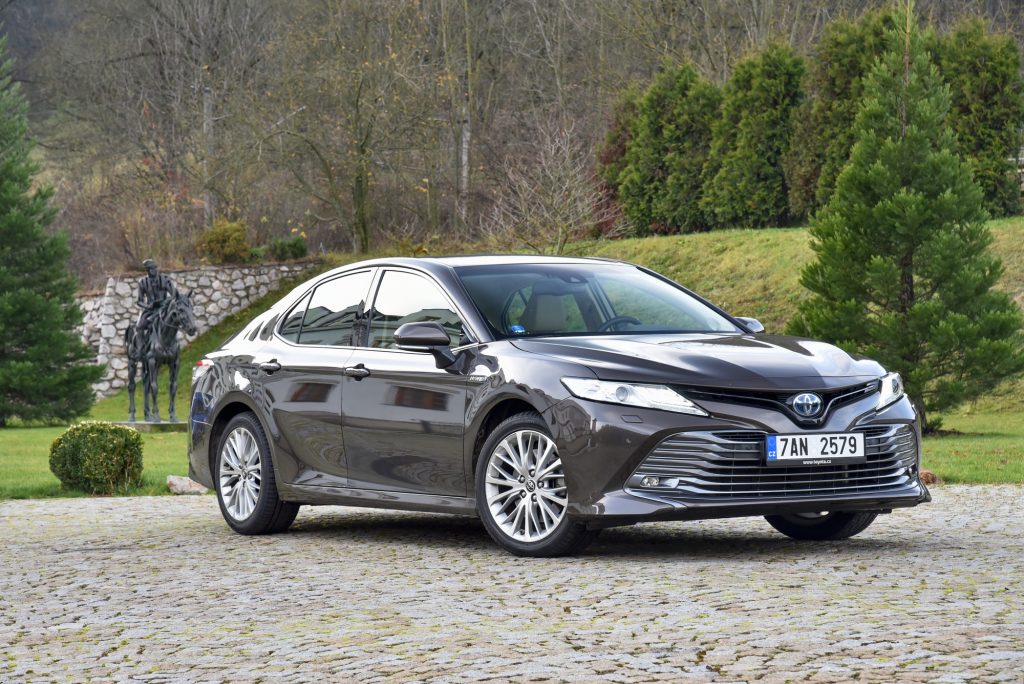Today, as you consider buying a new vehicle, there are various options to choose from. One of which is hybrid cars.
What Are Hybrid Cars?
Hybrid cars combine the best of both worlds: a traditional gasoline engine and an electric motor. They’re designed to give you the convenience and power of a regular car while offering an electric vehicle’s eco-friendliness and fuel efficiency. But are they still a viable option compared to fully electric cars?
In this blog, you’ll discover the pros and cons of owning a hybrid car. By the end of this guide, you’ll be able to determine whether it’s worth buying this type of automobile.
Pros Of Buying A Hybrid Car
A shift toward eco-friendly transportation modes like hybrid cars is evident these days. Many often ask if it’s worth investing in these vehicles. If you’re also wondering, one place to start might be Sterling Cars NZ or a similar automobile trader, where you can explore a variety of hybrid vehicles.
But before you make that decision, here are six advantages worth considering:
- Fuel Efficiency: A standout feature of hybrid cars is their impressive fuel efficiency. Combining a conventional engine and an electric motor, these vehicles maximize the distance covered while minimizing fuel consumption. For instance, for long-distance travel, the petrol engine kicks in when a certain speed is reached, saving the electric energy for slow city driving where it’s most efficient—you effectively get more miles per gallon of fuel.
- Lower Emissions: Are you environmentally conscious? If so, hybrid vehicles could be your ally in the fight against climate change. They emit significantly fewer greenhouse gases compared to traditional combustion engines. Picture this: when in an idle state or slowly moving traffic, the petrol engine turns off, and the electric motor takes over, cutting down carbon emissions to zero during these periods.
- Tax Credits: Did you know that many hybrid vehicles qualify for tax incentives? These credits can significantly offset your upfront purchase cost, making the hybrid vehicle more affordable.
- Improved Engine Lifespan: Thanks to the dual engine system, a hybrid car’s petrol engine’s wear and tear are substantially lower than a regular car. As a result, hybrid car engines tend to last longer, saving you from expensive replacements or overhauls.
- High Resale Value: Hybrid cars hold their value exceptionally well in the used car market. The growing awareness of their benefits has increased their demand in the secondary market. So, if you ever decide to upgrade, you can anticipate a good return on your investment.
- Quiet Operation: Hybrid cars are renowned for their quiet operation, mainly when functioning solely on the electric motor at low speeds. This can provide a more serene, relaxed driving experience and less noise pollution.
These advantages show that hybrid vehicles can be worthy of investment.

Cons Of Buying A Hybrid Car
While the benefits are attractive, it’s essential to consider a few downsides before making the final decision. The following are some potential disadvantages of buying a hybrid car:
- High Upfront Costs: Hybrids are technologically advanced machines, and this sophistication comes with a higher price. You might find yourself shelling out more money upfront when compared to traditional combustion engine vehicles.
- Expensive Maintenance And Repair: While hybrid cars use less fuel and have longer-lasting engines, they also contain complex systems and parts not seen in traditional vehicles. This means maintaining or repairing a hybrid could get costly. For example, a simple repair may need specialized knowledge and equipment—things that come at a premium.
- Battery Replacement Expenses: Hybrids rely on batteries for their operation. While these are built to last, there will come a time when they need replacement. Depending on the vehicle, battery replacement can be a significant expense.
- Limited Driving Range And Speed: While hybrids have commendable city driving efficiency, they struggle with maintaining performance during high-speed, long-distance travel. The petrol engine is only sometimes enough to sustain high-speed performance, making hybrids less ideal for those with heavy motorway use.
- Limited Models And Styles: For the style-conscious, the variety of hybrid models may be less satisfactory compared to conventional cars. The hybrid car market, though growing, still has a smaller selection of styles and models. However, as manufacturers catch up with demand, expect this to improve.
Weighing these disadvantages of choosing hybrid vehicles against their benefits will allow you to determine if these models fit your preferences.
The Verdict On Hybrid Cars
Ultimately, buying a hybrid car comes down to considering these pros and cons. So, are hybrid cars still worth buying? That’s for you to decide. Hopefully, with the knowledge you’ve gained from the above discussion, you’re better equipped to determine if hybrid options align with your automotive needs.
Remember that a car is one of the most significant purchases you’ll make. So, whether you’re a first-time car buyer or planning to upgrade, thinking long-term is essential. Have fun car hunting!


Leave a Reply